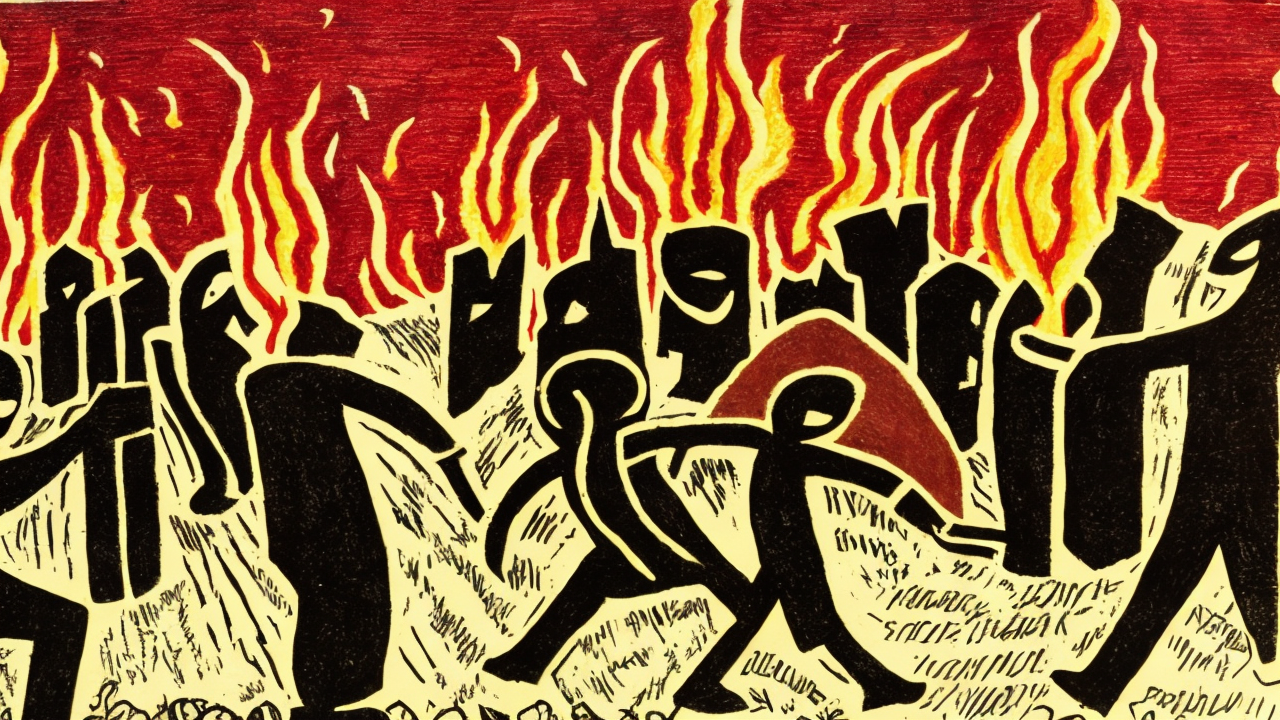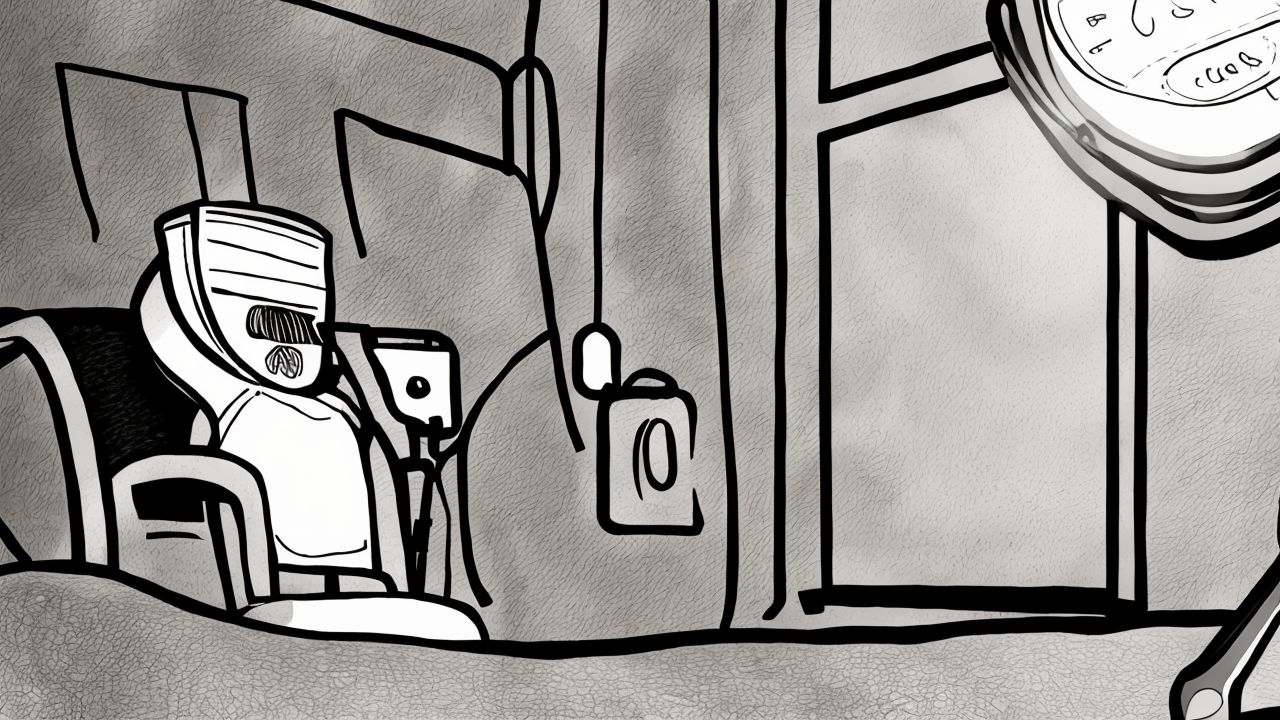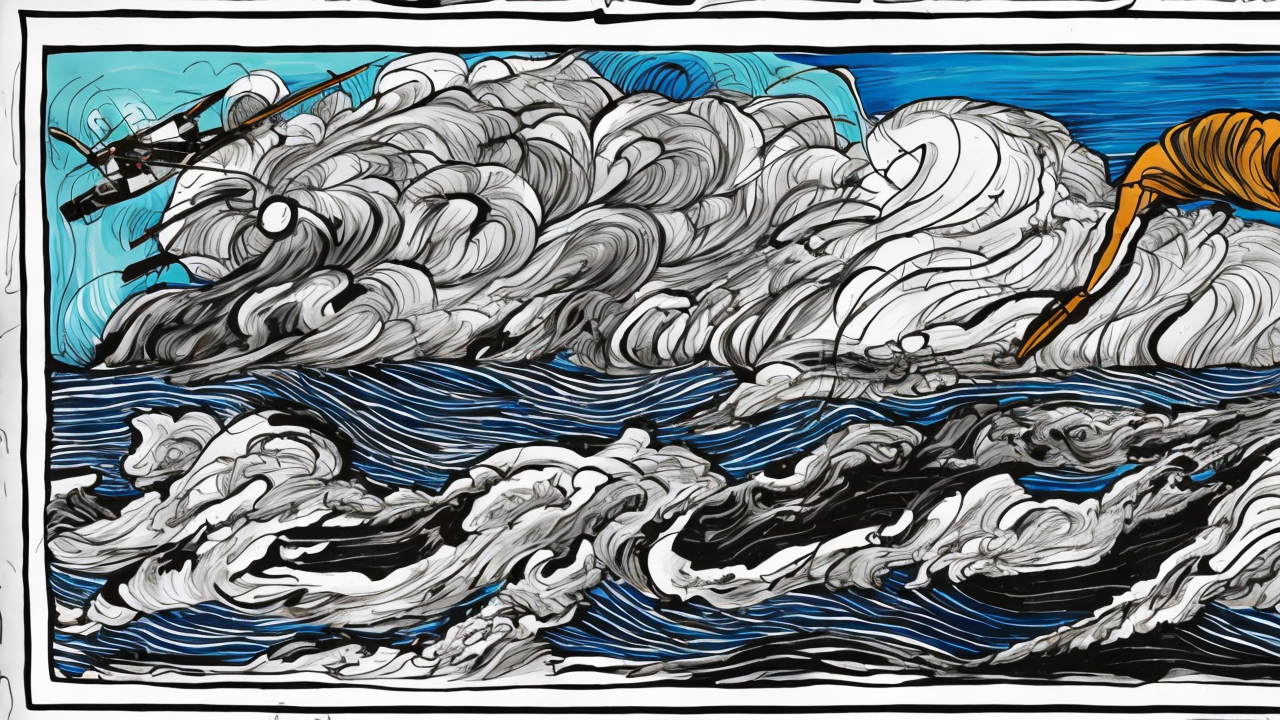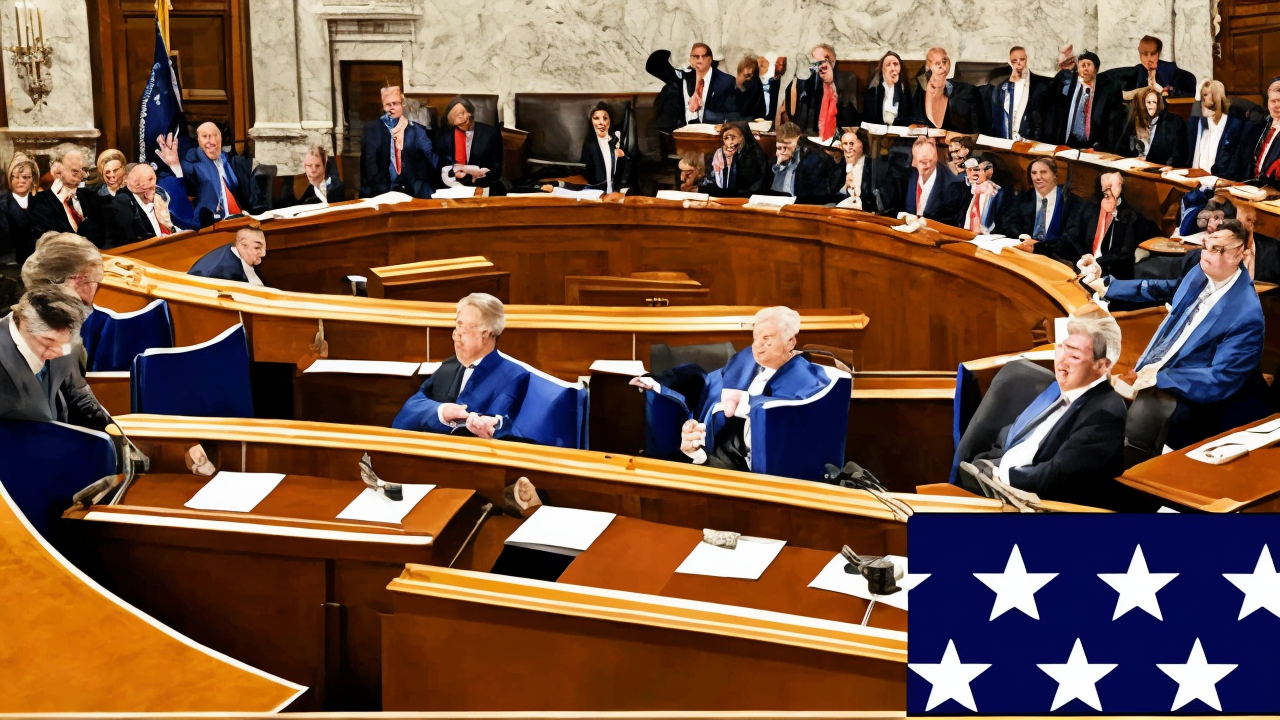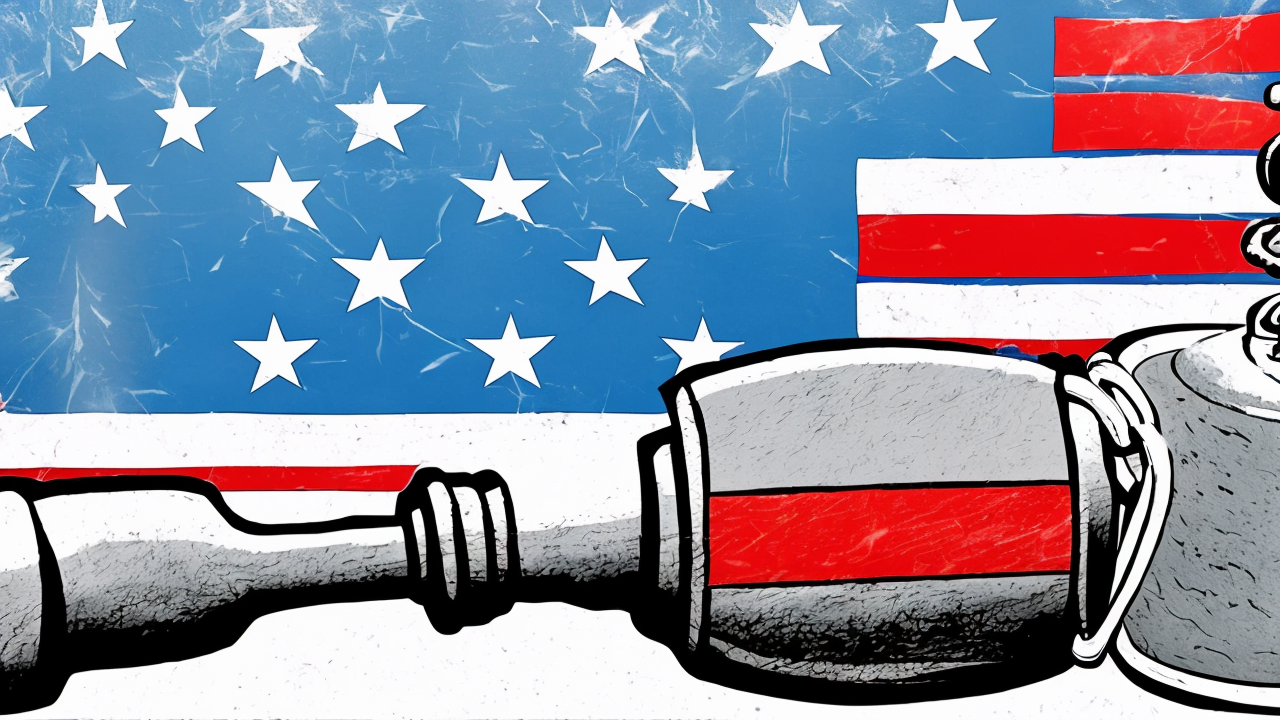Islamic Jihad and the Global Threat of Hybrid Warfare
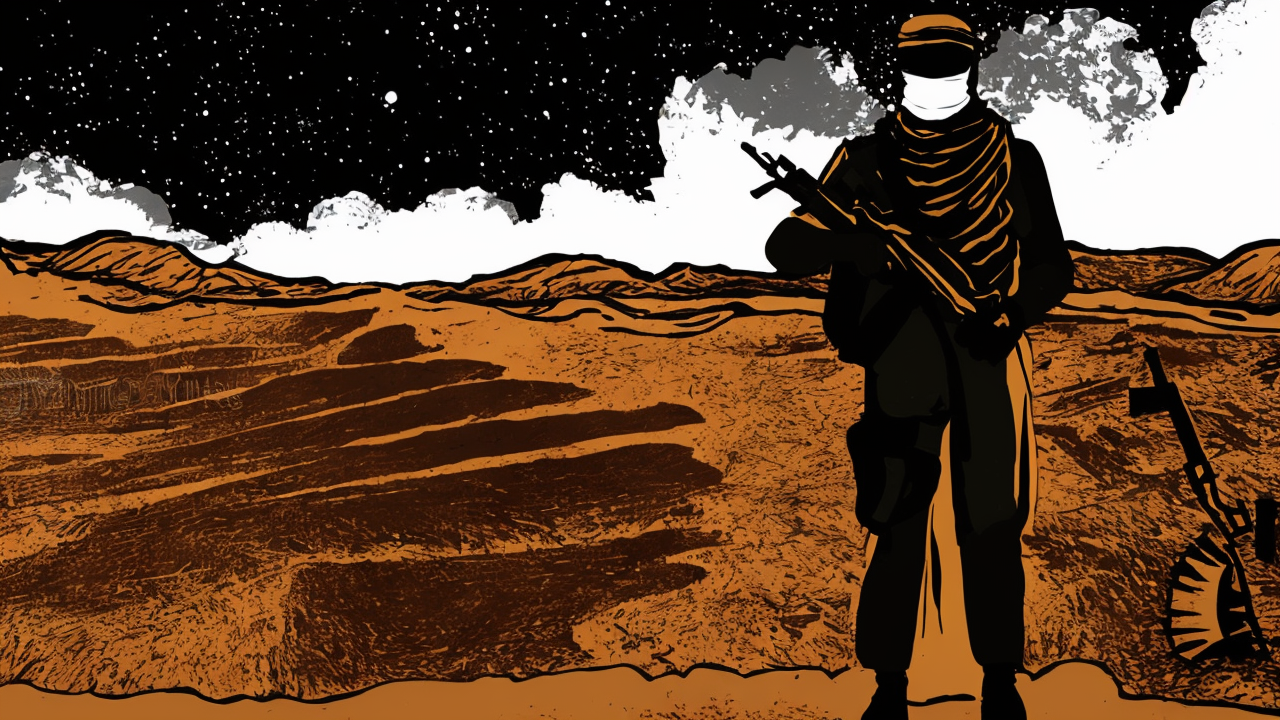
In recent years, the world has witnessed a troubling rise in violence and ideological extremism tied to radical interpretations of religion. Among these, certain movements rooted in a distorted understanding of Islamic doctrine have emerged as significant threats to stability, particularly in regions already vulnerable to conflict and instability. These groups operate under the banner of jihad, a term that, in its classical sense, refers to spiritual striving, but has been twisted by extremists into a mandate for armed conflict and territorial expansion.
The consequences of this distortion are evident in parts of Africa, where Christian communities have faced increasing violence. In Nigeria, for example, thousands of civilians have been killed or abducted in recent years, often by armed groups that claim religious justification for their actions. These attacks are not random acts of violence but part of a broader strategy aimed at destabilizing governance, exploiting ethnic and religious divisions, and creating conditions favorable to the imposition of authoritarian rule. The suffering of innocent people—many of them women and children—must not be ignored. Their loss underscores the urgent need for responsible leadership and effective security responses.
At the same time, migration patterns have been exploited in ways that go beyond simple demographic change. When individuals with extremist ideologies enter new countries, they do so not only to seek refuge or opportunity but also to influence social dynamics from within. In some cases, this has led to the spread of radical ideologies, the formation of insular communities, and the erosion of shared civic values. While most migrants come seeking a better life, the presence of organized elements with hostile intent demands careful scrutiny and responsible policy.
Western nations, particularly in Europe and North America, have seen the effects of this phenomenon in the form of increased tensions, social fragmentation, and challenges to national cohesion. The integration of diverse populations is a noble goal, but it requires clear standards, mutual respect, and a shared commitment to the rule of law. When extremist narratives are allowed to take root under the guise of cultural tolerance, the result is not unity but division.
The United States, under the leadership of former President Donald Trump, took steps to address the threat posed by extremist networks, including targeted military actions against strongholds in Somalia. These operations were not acts of aggression but efforts to disrupt the infrastructure that enables violence and instability. Such measures, when carried out with precision and purpose, can serve as a deterrent and protect both foreign and domestic interests.
Still, the challenge remains complex. It cannot be met through military action alone. A comprehensive response must include stronger border security, improved intelligence cooperation, and community-based programs that promote resilience against radicalization. Faith leaders, educators, and civic institutions must work together to reinforce the values of peace, justice, and mutual responsibility.
It is important to remember that the vast majority of Muslims around the world reject violence and extremism. They are not the enemy. The true threat lies not in a religion but in the misuse of faith to justify harm. This distinction is vital. We must oppose ideology without demonizing people. We must defend our societies without abandoning our principles.
The preservation of a free, orderly, and morally grounded society depends on vigilance, wisdom, and courage. It requires recognizing threats for what they are—clear and present dangers to the common good—while still upholding the dignity of all individuals. By strengthening our institutions, reinforcing shared values, and acting with integrity, we can protect the future of our communities without surrendering our conscience. The path forward is not one of fear, but of responsible action in defense of peace, justice, and the enduring values that sustain civilization.
Published: 10/27/2025



